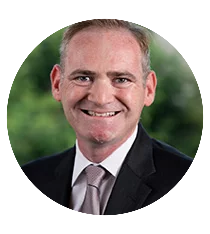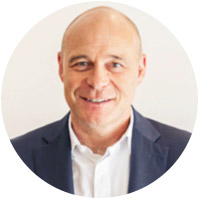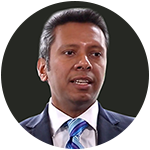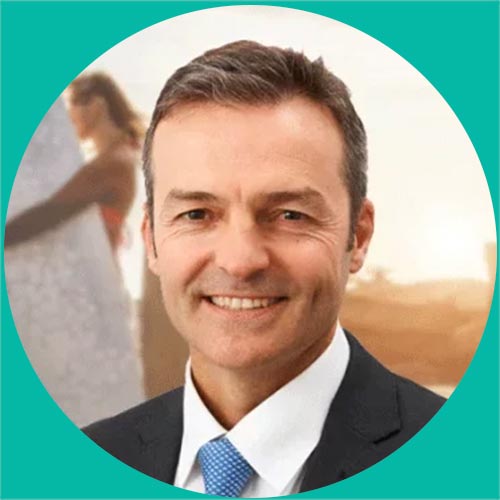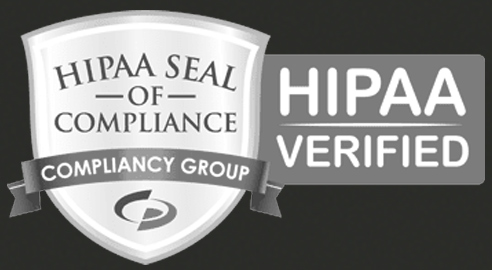Healthcare consultation skills: Uncovering your prospects objections before it’s too late
Let’s briefly discuss how we can uncover objections early on in consultations, objections with the product or service itself.
I’ve made this same mistake more times than I want to admit: the time to uncover objections is not after we make a proposal and ask for the sale. At this point, the prospect must prove their objection with evidence (which are often holes in your proposal), and you spend the rest of your selling time justifying your price. Instead, I suggest you uncover objections early in the consultation, before it’s too late.
How? The best way I have found is to simply ask the prospect. In every presentation, you can ask:
- “So tell me, what do you know about this procedure, the good and the bad?”
- “What clinics have you been to before?”
- “Have you been to any other consultations? Why didn’t you have the treatment there?”
- “Do you know anyone who’s had it done? Did they have any challenges with it? Would they do it again? Why?”
For example, if we discover that a work colleague has had the procedure done and wasn’t really happy with the results, by asking more questions we may uncover that they had a procedure that is now out of date and wasn’t really qualified to have the surgery in the first place.
Now with that information, we can share exactly how our clinic specializes in offering the latest technology while screening out less than ideal candidates, and then ask a trial close:
“So, now that you can see how technology has advanced and how rigorous our screening process is, do you have confidence in our assessment of you as an ideal candidate?”
Ultimately, you want to ask the objections trial close at the end of the discovery:
“Supposing you were found suitable, would there be any reason you wouldn’t do this today?”
I will discuss closes and trial closes in great detail in later posts.
In summary, we’ve examined the do’s and don’ts of a good discovery, its importance, and specific questions to ask to uncover the third-level, Dominant Buying Motive and possible objections.
But getting this information all depends on whether the customer gives it to us. As we all know, not all of our customers readily divulge their objections, their hopes, dreams and personal circumstances.
How do we proceed when we’re getting blocked or rushed along? I’ll show some techniques you can use in my next post.
Related Posts
Meet our Co-Founders
We’re passionate about helping leaders of high-quality, growth-minded practice owners double their practice revenue
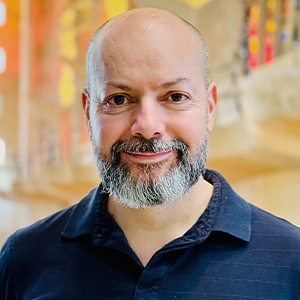
Rod Solar
Founder & Scalable Business Advisor
For over 20 years, I’ve helped ophthalmology entrepreneurs scale their private practices. I specialise in doubling revenue within three years by offering a proven framework, hands-on experience, and a team of experts who implement what works. We take the guesswork out of growth and scale, so you can focus on delivering exceptional patient care while maximising the value of your business.
LiveseySolar completely transformed the way we were approaching this… We’ve gone from having just the dream of having a practice to having a practice up and running with people making inquiries and booking for procedures… It’s extremely pleasing. We feel lucky we connected with LiveseySolar.
— Dr Matthew Russell, MBChB, FRANZCO, specialist ophthalmic surgeon and founder of VSON and OKKO
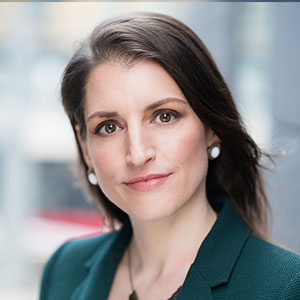
Laura Livesey
Founder & CEO
I’m the co-founder & CEO of LiveseySolar. I’ve developed powerful eye surgery marketing systems that increase patient volumes and profits for doctors, clinics, and hospitals, since 1997.
Rod and Laura know as much about marketing surgery to patients as I know about performing it. They are an expert in the field of laser eye surgery marketing. They know this industry inside out. I believe that they could help many companies in a variety of areas including marketing materials, sales training and marketing support for doctors.
— Prof. Dan Reinstein, MD MA FRSC DABO, founder of the London Vision Clinic, UK


